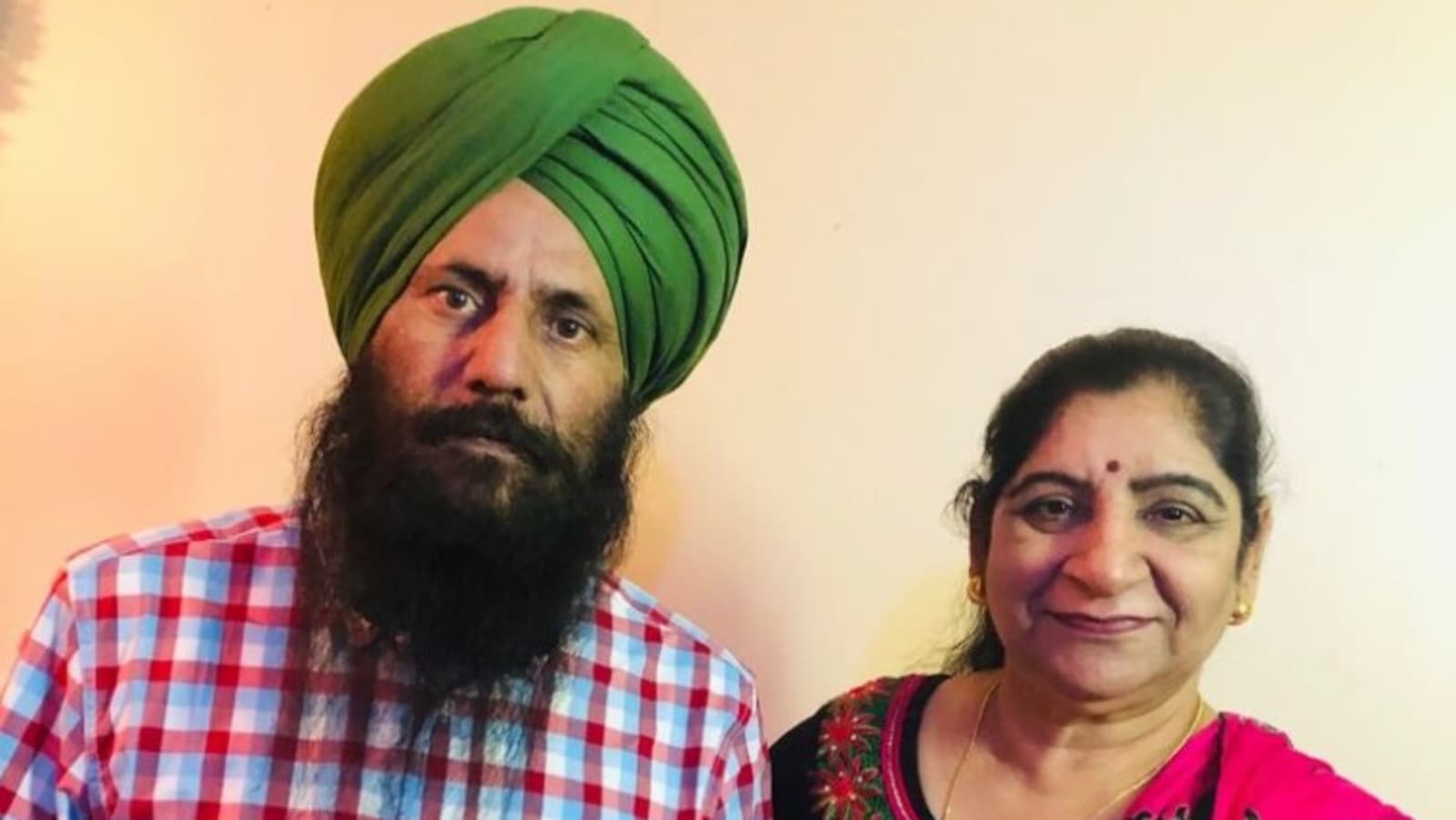‘Inherent biases a challenge’: Advocacy group on Sikh man’s forced beard shaving

Several advocacy groups in the United States have filed complaint with the department of justice (DOJ) for the treatment meted out to Surjit Singh, a Sikh immigrant, at a detention facility in Arizona. These groups have said the 64-year-old’s religious freedom was violated when his turban was removed and beard forcibly shaved.
The incident happened last year when Singh entered Yuma county jail, He was sentenced to five years in prison for manslaughter after a fatal vehicle accident.
Sikh Coalition, which has been leading the fight seeking justice for Singh, has urged the DOJ to examine the practices of Arizona Department of Corrections, Rehabilitation and Reentry (ADCRR) to ensure other incarcerated people are not subject to similar violations.
Amrith Kaur, the legal director of Sikh Coalition, spoke to hindustantimes.com about the incident and the group’s ongoing fight to secure a broader policy change. Here is the full interview:
Q: What do you have to say about the shocking treatment meted out to Mr Surjit Singh?
Amrith Kaur: The Arizona Department of Corrections, Rehabilitation and Reentry violated Mr Singh’s religious rights. Even if they are currently serving sentences in the criminal justice system, all people have a constitutionally protected right to practice their faith.
Q: What has been the reaction of the prison authorities and how are you going to deal with what you term as an “egregious incident”?
Amrith Kaur: The Arizona Department of Corrections has refused to put in place a policy that will keep them from violating the rights of other people who maintain religiously-mandated hair, even though they are required to do so under US law (namely, the Religious Land Use and Institutionalized Persons Act or RLUIPA). On May 24, 2021, the Sikh Coalition, the American Civil Liberties Union, and WilmerHale LLP filed a complaint with the US department of justice seeking an investigation of the Arizona Department of Corrections, Rehabilitation and Reentry for egregious religious freedom violations. Through this complaint filed with the US Department of Justice, we ask that the Arizona Department of Corrections implement a policy that will keep them from violating religious rights in the future.
Q: You said ADCRR’s arbitrary policies should not violate anyone’s religious rights. Can you elaborate on it?
Amrith Kaur: Like I said earlier, what happened to Mr Singh at ADCRR was a violation of his religious rights. I want to add that Mr Singh’s faith requires him to maintain unshorn hair, including facial hair. The policies set forth by the Arizona Department of Corrections should not violate his or anyone else’s religious rights.
Q: In the case of religious beliefs and the law of the land, what according to you should gain primacy?
Amrith Kaur: The freedom of religion is protected by the First Amendment of the US Constitution. These are not mutually exclusive protections; religious freedom is part of US law and the two go hand-in-hand.
Q: Don’t you think that granting special rights keeping religious sentiments in consideration will open a Pandora’s Box considering the prevalent emotionally charged atmosphere across the globe and in the US?
Amrith Kaur: The freedom of religion is protected by the First Amendment of the US Constitution, and this freedom extends to all persons even if they are or have been incarcerated. Moreover, incarcerated individuals’ religious freedom is specifically further protected under RLUIPA. Thus, our complaint to the US Department of Justice underscores the need for the Arizona Department of Corrections to implement a policy, as well as a pattern and practice, in line with this constitutionally protected right on behalf of Mr Singh and all other similarly situated persons.
Q: Does the prison manual offer Mr Singh any counselling facility? Has he been extended such a facility?
Amrith Kaur: Not that we are aware of.
Q: Do you think it’s time for the state government run law enforcement agencies in the US to undergo a comprehensive race sensitization programme considering the string of such incidents around the country?
Amrith Kaur: One of the biggest challenges that we face is the inherent biases that are present within our existing structures and policies. It is important that all government agencies complete a thorough review and analysis of the cultural competency of their policies and practices. Where these policies and practices are treating some religious or racial groups differently from others, agencies should critically review why and whether those policies and practices are violative. Further, agencies should consider updating those policies and practices to be more inclusive, which would be an important step towards protecting all of our civil rights.

“평생 사상가. 웹 광신자. 좀비 중독자. 커뮤니케이터. 창조자. 프리랜서 여행 애호가.”
